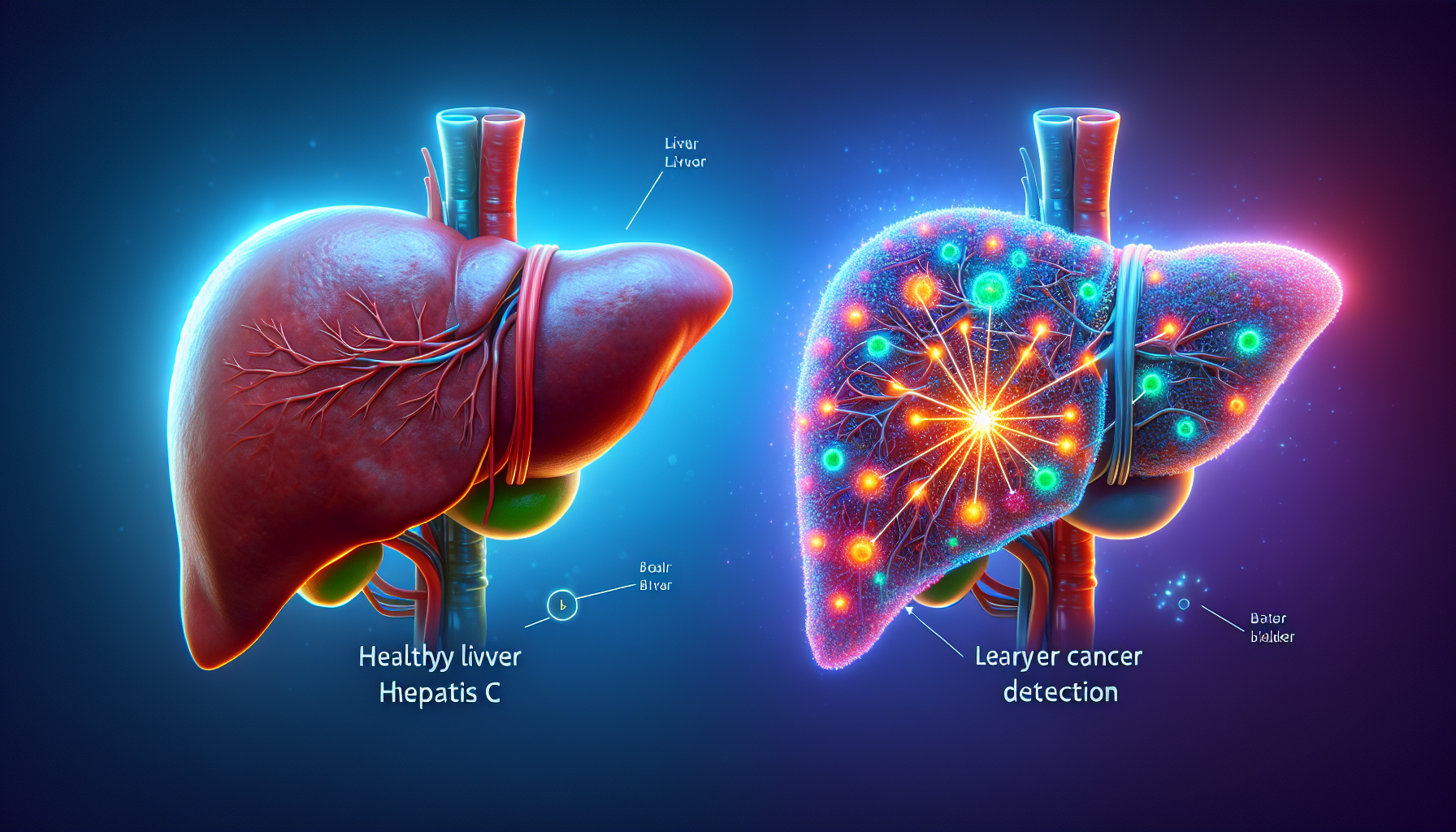Promising New Therapy for a Rare Neurological Disorder Fast Tracked by FDA
Key Takeaways
- Fast Track designation speeds up review of TPN-101 for PSP.
- Phase 2a study shows promise in reducing biomarkers of neurodegeneration.
- TPN-101 stabilizes clinical symptoms in PSP patients over 48 weeks.
Did You Know?
Introduction to TPN-101 and Fast Track Designation
The U.S. Food and Drug Administration (FDA) has awarded Fast Track designation to Transposon Therapeutics' TPN-101, a new investigational drug for treating progressive supranuclear palsy (PSP). This designation accelerates the review process, acknowledging the pressing need for effective therapies against this devastating neurological condition, which currently lacks approved treatment options.
How TPN-101 Works
TPN-101 works by inhibiting an enzyme called LINE-1 reverse transcriptase. This enzyme is involved in the replication of LINE-1 elements, which have been implicated in various neurodegenerative diseases. By stopping the activity of this enzyme, TPN-101 aims to reduce the harmful effects on brain cells.
Findings from Phase 2a Study
The Fast Track designation was supported by data derived from a Phase 2a clinical trial, which included a randomized, double-blind, placebo-controlled study. This trial involved 42 patients who received varying doses of TPN-101 or a placebo. The findings were promising, showing that TPN-101 reduced levels of neurofilament light chain (NfL), a biomarker associated with nerve cell damage.
Additionally, the study reported reductions in interleukin 6 (IL-6) and osteopontin levels in patients who received higher doses of TPN-101. These results suggest the drug's potential in slowing down the progression of neurodegenerative diseases.
Clinical Symptom Stabilization
Participants who took TPN-101 for the full 48 weeks of the study experienced stabilization in their clinical symptoms, as measured by the PSP Rating Scale (PSPRS). This contrasts with patients on placebo, who showed worsening symptoms over the same period.
Such stabilization indicates that TPN-101 could offer meaningful relief for PSP patients by preventing further decline, offering them a better quality of life.
Safety and Tolerability
In terms of safety, the trial found that TPN-101 was generally well-tolerated across all dose levels. This is a crucial factor in its potential approval and widespread use, as any new treatment must demonstrate not only effectiveness but also safety for patients.
Broader Implications for Neurodegenerative Diseases
The success of TPN-101 in this trial also opens the door for its potential use in other neurodegenerative diseases such as Amyotrophic Lateral Sclerosis (ALS) and Alzheimer’s disease. With the reduction of key biomarkers like NfL and IL-6 seen in PSP, there is hope that similar benefits could be observed in these other conditions.
Expert Opinions
Dr. Adam Boxer, a principal investigator in the study, emphasized the significance of these findings. According to Dr. Boxer, no other drug tested for PSP has shown an impact on NfL levels, making this study particularly noteworthy in the field of neurology.
Additionally, Andrew Satlin, MD, Chief Medical Officer at Transposon, highlighted how the lowering of NfL levels serves as biomarker evidence of a treatment effect on neurodegeneration.
Next Steps
Transposon Therapeutics is preparing for larger clinical trials to further explore the efficacy and safety of TPN-101. These future studies are crucial for obtaining full FDA approval and making the drug available to patients suffering from PSP and potentially other neurodegenerative diseases.
Conclusion
In summary, the Fast Track designation of TPN-101 is a significant step toward offering new hope for patients with progressive supranuclear palsy and possibly other neurodegenerative conditions. The promising early results warrant further study and potentially pave the way for more effective treatments in this challenging field.
References
- Clinical Trials.gov - TPN-101 Studyhttps://clinicaltrials.gov/ct2/show/NCT04993768
- Neurofilament Light Chain as a Biomarkerhttps://pubmed.ncbi.nlm.nih.gov/29052995/






